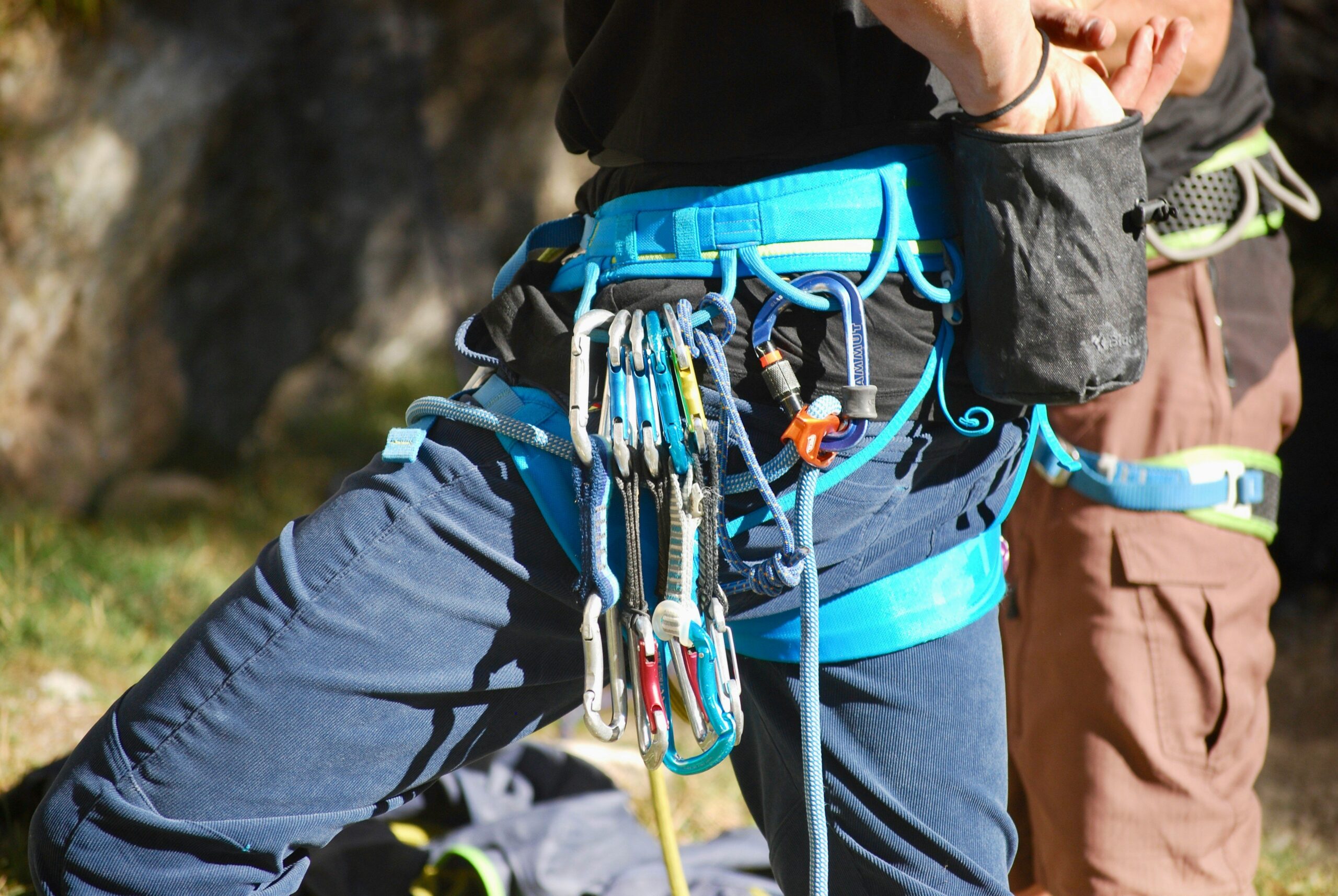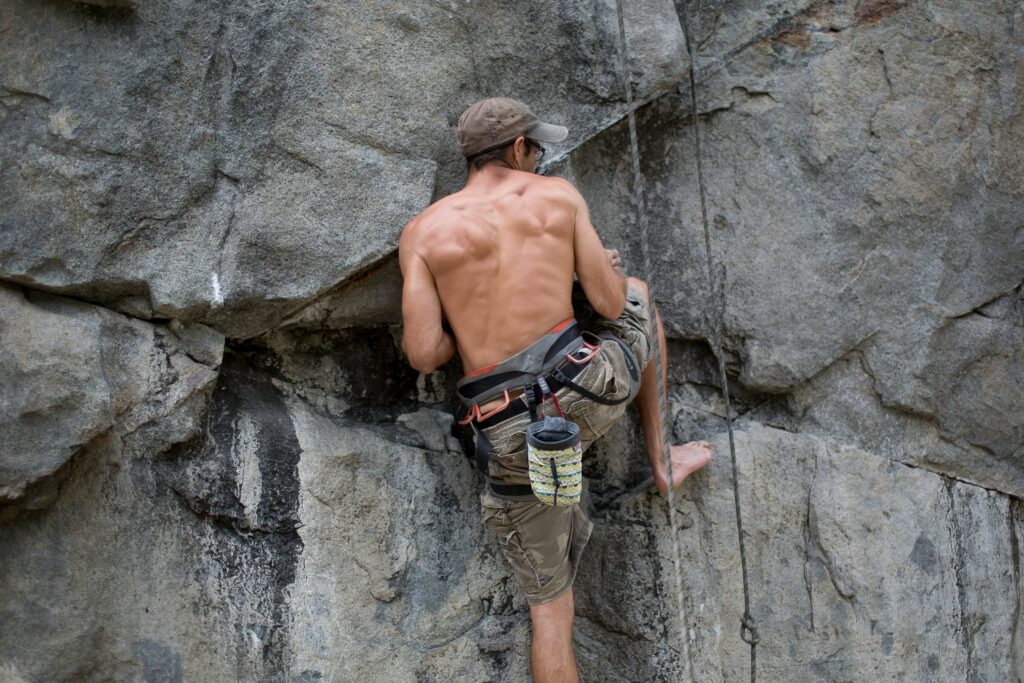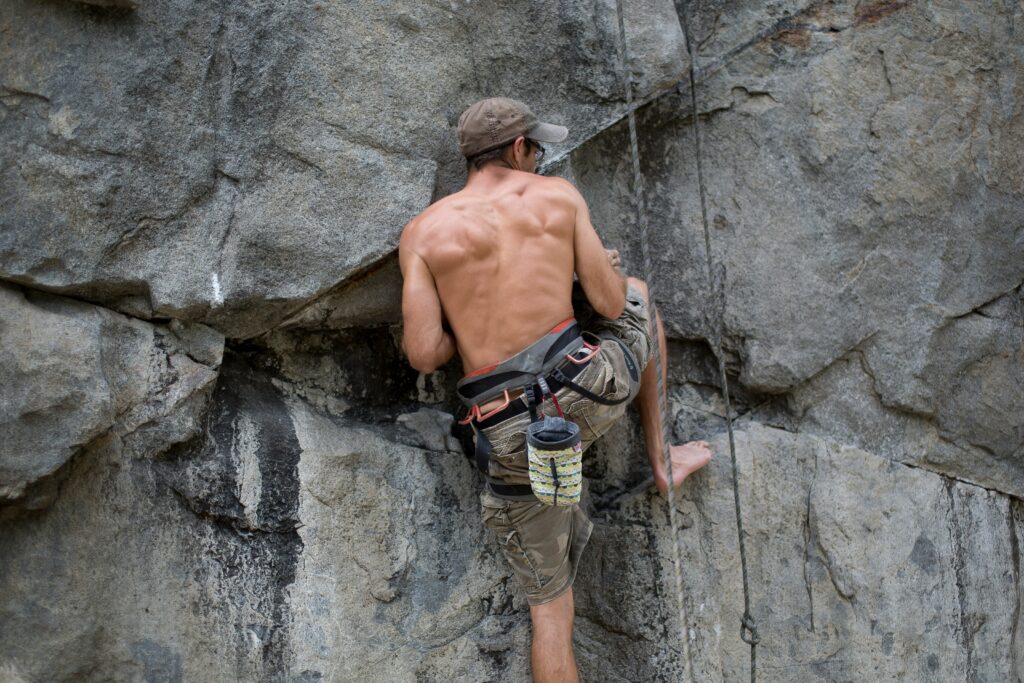Ever thought climbing could double as a weight loss tool? What if the wrong gear made your adventure more dangerous than fun? Let’s talk about how secure climb harness ratings can make or break your journey—literally.
In this post, we’ll uncover why choosing the right harness is crucial for safety and performance during climbs. You’ll learn about:
- The role of secure climb harness ratings in weight loss adventures
- How to pick the best-rated harness for your fitness goals
- Tips to avoid common mistakes climbers (and dieters) make
Table of Contents
- Key Takeaways
- Why Secure Climb Harness Ratings Matter
- How to Choose the Right Harness
- Tips for Safer Climbing and Weight Loss
- Real-World Examples
- FAQs
Key Takeaways
- Your harness’s secure climb rating impacts both safety and physical endurance.
- Prioritize brands with high durability ratings and ergonomic designs.
- One bad choice leads to injury—or worse, giving up on climbing altogether.
Why Secure Climb Harness Ratings Matter
Climbing isn’t just an outdoor activity; it’s a full-body workout. Every muscle from your legs to your core works overtime when you ascend. But here’s what I didn’t tell anyone until now: my first climb nearly ended in disaster because I skimped on the harness. “What’s the worst that can happen?” Famous last words.
Secure climb harness ratings ensure your equipment meets industry standards. These ratings measure factors like load-bearing capacity and material resilience. Without these metrics, even light falls could lead to serious injuries. And guess what? Recovering from injuries means derailing your weight loss progress entirely.
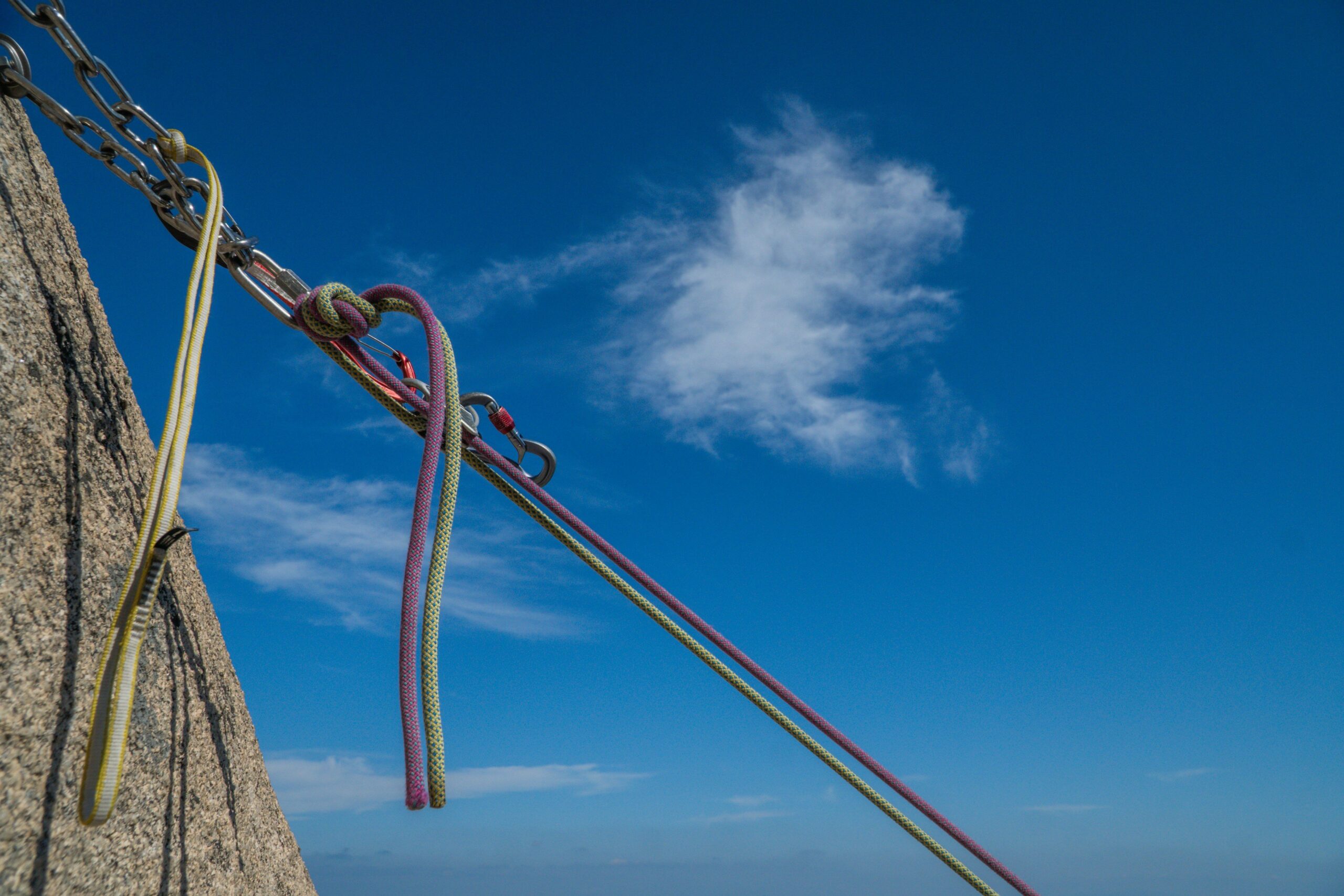
“Optimist You” vs. “Grumpy You”
Optimist You: “You’ll crush those climbs once you upgrade your gear!”
Grumpy You: “Yeah, but only after spending hours researching.” (Ugh.)
How to Choose the Right Harness
Step 1: Understand the Rating System
Start by checking the UIAA (Union Internationale des Associations d’Alpinisme) certification. Look for kN (kilonewton) values indicating strength—aim for 15 kN or higher for beginner-to-intermediate climbers.
Step 2: Consider Comfort Over Style
Padding matters. Even the highest-rated harness won’t help if chafing ruins your session. Opt for adjustable leg loops for added comfort during long sessions.
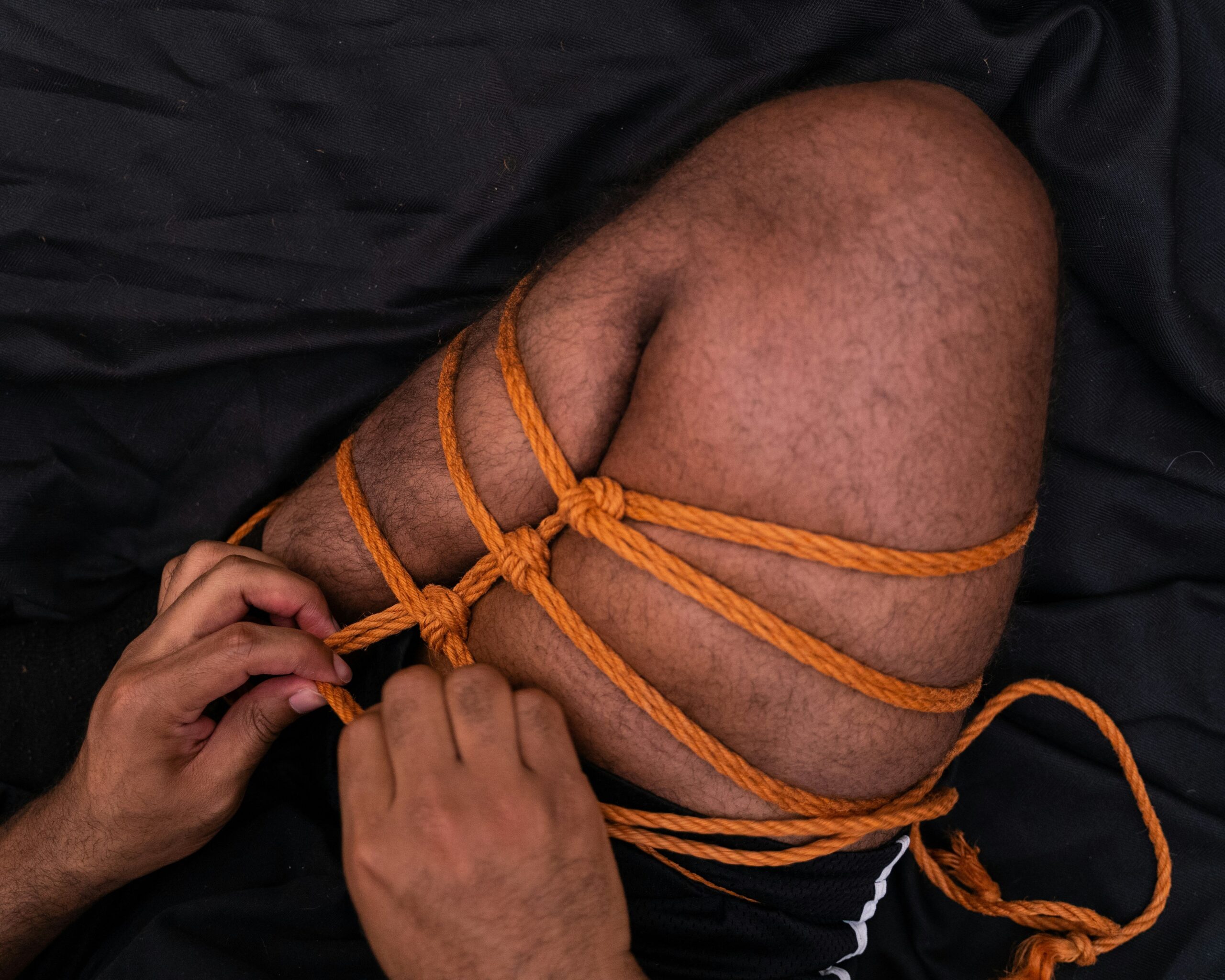
Step 3: Double-Check Durability
Here’s a brutal truth no one tells you: Cheap harnesses tear faster under stress. Stick to reputable brands like Petzl or Black Diamond—they cost more upfront but save you pain later.
Tips for Safer Climbing and Weight Loss
- Wear gloves: Protect your palms while strengthening grip muscles.
- Hydrate early: Dehydration kills focus and stamina.
- Train off the wall: Core exercises complement climbing workouts.
Pro Tip: Keep track of your weekly caloric burn using apps designed for climbers. Seeing numbers drop motivates big-time!
Real-World Examples
Tina, a former couch potato, lost 40 pounds through bouldering alone. Her secret weapon? A top-tier harness rated at 22 kN. She admitted, “I used to ignore the specs, but switching gears changed everything.”
On the flip side, Tom bought a budget harness without checking its secure climb harness ratings—and snapped a strap mid-route. Lesson learned? Always vet your gear.
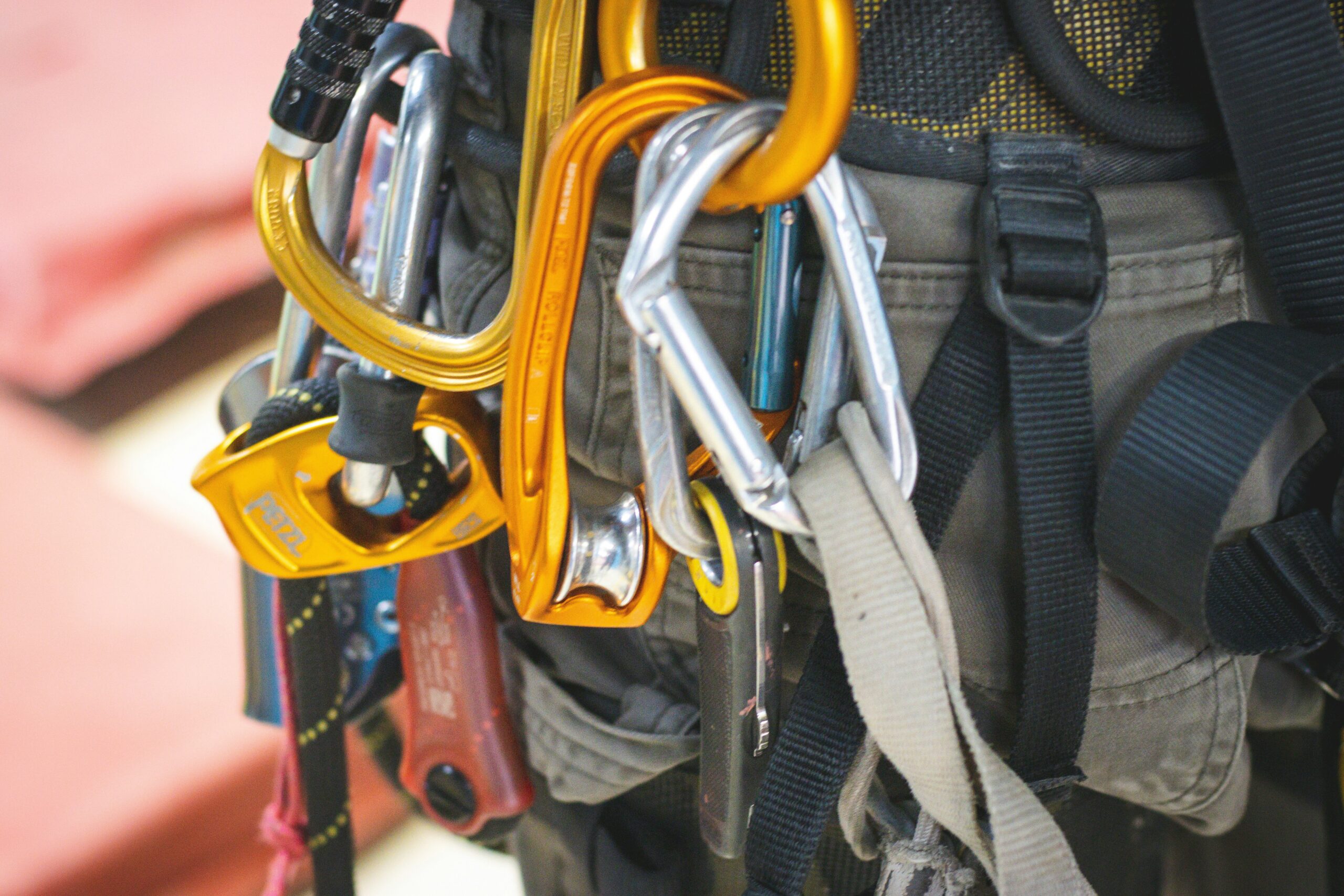
FAQs
What does ‘kN’ mean in secure climb harness ratings?
kN stands for kilonewtons, measuring force resistance. Higher numbers indicate stronger materials.
Can I use any harness for rock climbing?
Nope. Only certified harnesses meet safety requirements. Always check UIAA standards.
Is weight loss guaranteed with regular climbing?
With proper nutrition and consistent effort, yes—but remember, safety comes first. Don’t skip research!
Conclusion
Selecting the perfect harness based on secure climb harness ratings transforms your experience. It keeps you safe, boosts confidence, and supports your health goals. Ready to conquer that next peak? Equip yourself wisely—and don’t forget your water bottle!
Like a Tamagotchi, your SEO needs daily care. So bookmark this guide, revisit often, and share it with fellow climbers chasing wellness wins.
